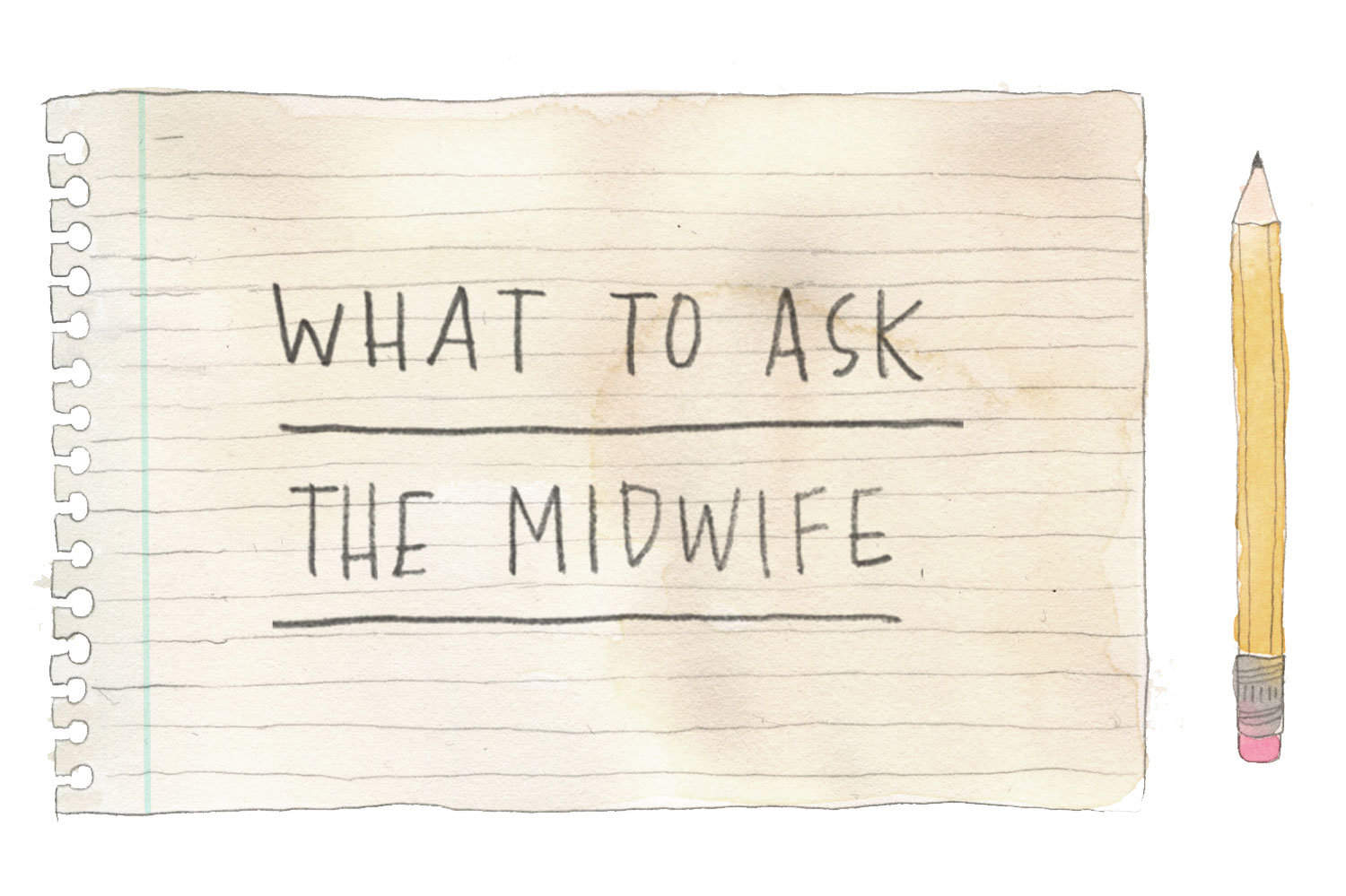Embrace Your Journey: Essential Questions to Ask Your Midwife
Hello to all the amazing parents-to-be out there! As you embark on this beautiful prenatal journey, filled with anticipation and joy, one key relationship that can make a huge difference is the one with your midwife. Your midwife is not just a healthcare professional, but a supportive guide through one of the most incredible times of your life. So, getting to know them and understanding their role is absolutely essential. But what do you ask? Worry not, my friends! In this guide, we’re outlining the ‘must-ask’ questions to ensure you and your little one are in the best of hands.
Getting to Know Your Midwife
When you first meet your midwife, it’s a wonderful opportunity to connect and set the tone for a collaborative relationship. Your confidence and comfort are pivotal, so let’s kick things off with some foundational questions:
- Can you tell me about your qualifications and experience? – Understanding your midwife’s background will give you a sense of their expertise and reassure you that you’re in experienced hands.
- What is your philosophy on prenatal care and childbirth? – Each midwife may have a unique approach. Ensure their philosophy aligns with your preferences and expectations.
- How can you support my birthing plan? – Discussing your birthing plan early on ensures that both you and your midwife are on the same page.
- What’s your availability during my pregnancy? – Know how to reach your midwife in case of questions or emergencies, and learn about their schedule to ensure they’ll be there when you need them.
Your Prenatal Care
Prenatal care is a series of checkups that you and your baby will have during pregnancy. It is essential for monitoring the health of both mother and child, and to predict any issues that could arise. Here are some questions to cover:
- How often will we have prenatal appointments? – Regular check-ins are key for monitoring your pregnancy’s progress.
- What kind of tests and screenings do you recommend and why? – Certain tests help ensure the health of your baby and identify any potential concerns.
- How do you handle complications if they arise? – It’s important to know the protocols for any situations that may deviate from the norm.
- What’s your approach to weight gain, diet, and exercise during pregnancy? – Your lifestyle plays a significant role in your pregnancy, so guidance in these areas is crucial.
Planning for the Big Day
The thought of giving birth can be both exhilarating and nerve-wracking. You probably have a million questions swirling in your head about D-Day. Keep calm and consider these:
- Who will be present during the birth? – Knowing who’ll be in the room can help you prepare mentally for the big day.
- What measures are in place to manage my pain and comfort? – From epidurals to breathing techniques, it’s good to know your options.
- How do you handle unexpected situations during delivery? – No matter how much you plan, it’s wise to be prepared for any turn of events.
- What is the procedure if I need to be transferred to a hospital? – If you’re planning a home birth or birthing center delivery, knowing the transfer process is essential for peace of mind.
After Your Baby Arrives
Once your little one makes their grand entrance, the support from your midwife continues. Here are the after-delivery essentials to inquire about:
- How will you help with initial breastfeeding? – Latching and feeding can be challenging at first, so it’s invaluable to have professional support.
- What kind of postpartum care can I expect? – Recovering from childbirth while caring for a newborn is a delicate time, so understanding postpartum support is crucial.
- What are the signs of postpartum depression? – Awareness of the symptoms and having a plan in place can facilitate early intervention if needed.
- When will our follow-up visits be scheduled? – Keep track of you and your baby’s health progress after birth.
The next part of this comprehensive guide will dive deeper into each of these areas, offering detailed explanations and even more specific questions to cover everything from managing morning sickness to the postpartum visit schedule. Make sure to bookmark this page, as we navigate this wonderful journey together, ensuring confidence and health for you, and a safe and joyful welcome for your baby.

Five Things Parents Should Know When Preparing Questions for Their Midwife
Welcome to a proactive step in your pregnancy journey! Preparing questions for your midwife is a brilliant way to take charge of your prenatal experience. Here are five essential tips to consider:
1. Note Your Unique Needs and Concerns
Every pregnancy is as unique as the little life it bears, and so are your questions. Think about what matters to you personally—do you have specific fears, personal health concerns, or family history to discuss? Tailoring your questions to address your unique situation helps your midwife provide the best care tailored to you.
2. Understand the Scope of Midwifery Care
Midwives are often associated with natural birth practices, but their expertise is vast. They offer comprehensive prenatal care, support during labor and delivery, and postpartum care. Understanding their full scope will open up a broader range of questions, ensuring a holistic approach to your care.
3. Consider Your Birth Setting Preferences
Where you plan to give birth significantly influences the questions you’ll have. Homebirths, birthing centers, and hospital births each come with different logistics and resources. Make sure your midwife can practice in your chosen setting and inquire about what that experience looks like.
4. Bring Your Partner into the Conversation
Childbirth is a shared experience, and your partner may have questions and concerns of their own. Encourage them to participate in discussions with your midwife, ensuring that you’re both informed and comfortable with the care plan.
5. Keep the Dialogue Open and Ongoing
First-time parents might not know all the questions to ask right away—and that’s okay! Establishing open communication with your midwife means you can continue to ask questions as they arise during your pregnancy and postpartum period.
Armed with these tips and the questions we’ve discussed earlier, you’ll create a supportive, informed relationship with your midwife. Together, you can navigate the waves of pregnancy and childbirth with confidence. Stay tuned for our next sections where we’ll sink our teeth into even richer details, ensuring this guide is your trusty companion from bump to baby!
See more great Things to Do with Kids in New Zealand here. For more information see here
Disclaimer
The articles available via our website provide general information only and we strongly urge readers to exercise caution and conduct their own thorough research and fact-checking. The information presented should not be taken as absolute truth, and, to the maximum extent permitted by law, we will not be held liable for any inaccuracies or errors in the content. It is essential for individuals to independently verify and validate the information before making any decisions or taking any actions based on the articles.




